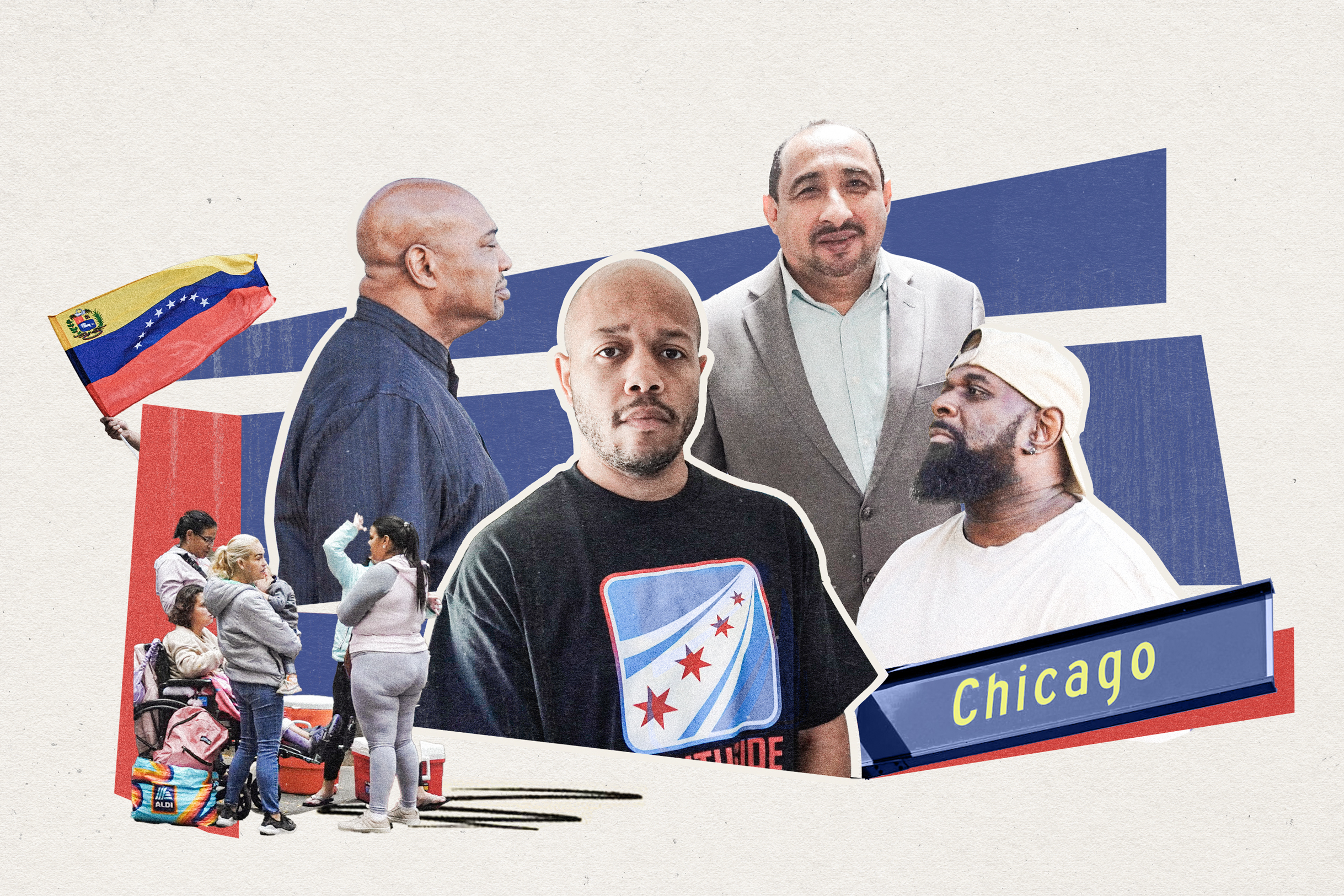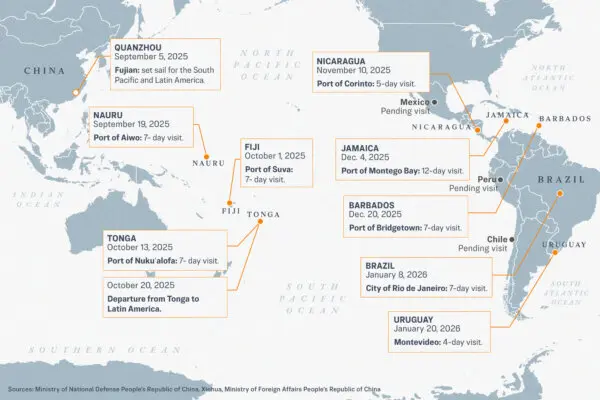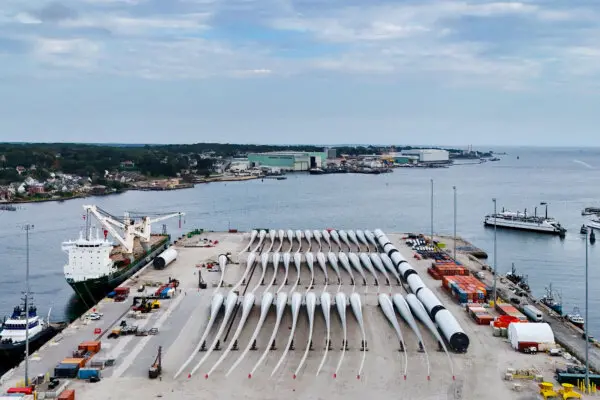The issues arising from thousands of illegal immigrants pouring into Chicago from around the world have united many in the city’s black and Hispanic communities, who blame the government for the resultant social problems, including crime.
Local citizens say that their neighborhoods are less safe, their schools are overcrowded, already scarce jobs are now even harder to come by, and the distribution of municipal resources favors illegal immigrants.










